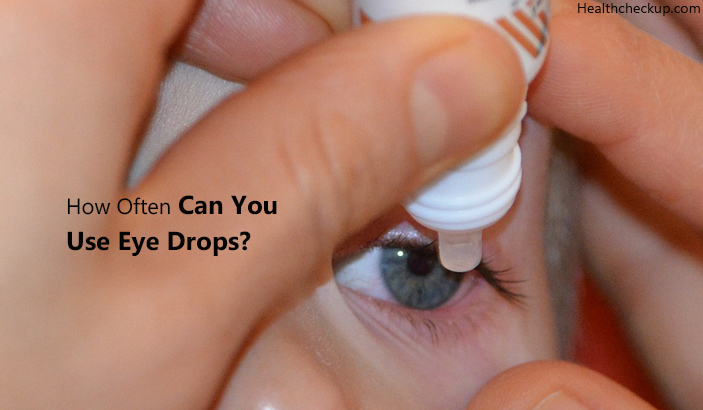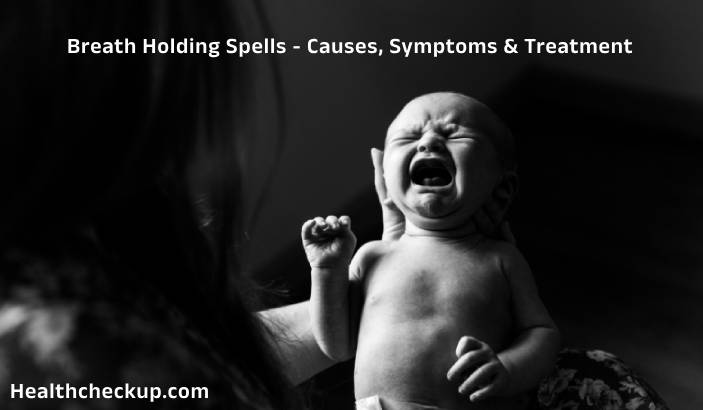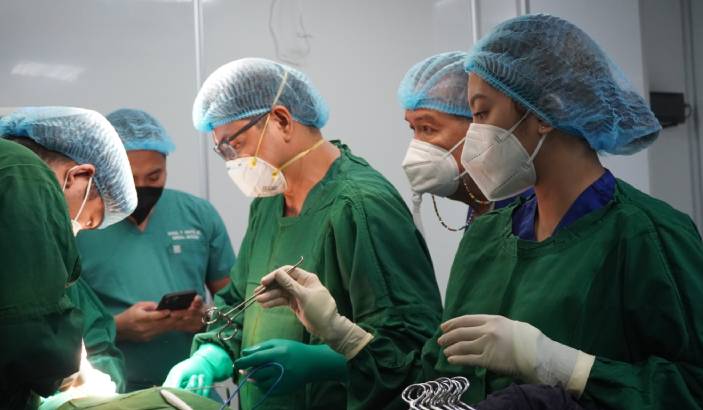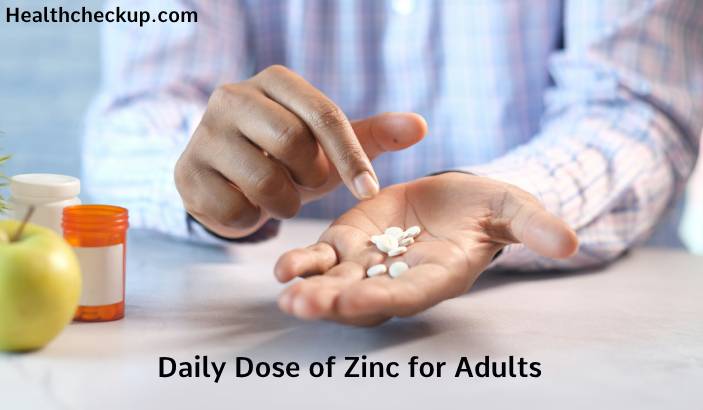Human beings lead quite a hectic and stressful life these days. Among such a hectic and stressful life, they are expected to be aware and conscious so that they can take the verbal and non verbal cues of the world carefully.
However, for taking the verbal cues, one of the most important sensory organs that the human beings need to use is the eyes. Since the eyes have to do a lot of tasks, especially glaring at various screens including the laptop, mobiles, and television these days. They often need some kind of supplement which can soothe and refresh the eyes when in need. Eye drops are such specially administered and manufactured chemical solutions which help in relaxing the eyes apart from curing a lot of other problems. But while the eye drops relax the most important sense organ, it is also important to know how often can one use eye drop?
“Eye Drops Usually Have A Saline Base and It Helps in Keeping the Eyes Wet and Get Rid of Redness”
What are the Uses of Eye Drops?
Some of The Prominent Use of Eye Drops Includes
- Moistening Dry Eyes – With age, our eyes tend to make lesser amounts of tears. Such tears are further of lower quality. These tears often do not stay long in the eyes in order to get the eyes wet or provide the necessary fluid to the eyes. Eye drops act as artificial supplements which can help in moistening the dry eyes.
- Delaying The Onset of Glaucoma – Increased fluid pressure within the eyes can cause serious damage to the optic nerve which can also result in loss of vision due to glaucoma. The use of Eye drops help in reducing the amount of fluid in the eyes and help in draining the excess liquid off the eye, thus preventing people with high blood pressure to delay the onset of such disease
- Treating Conjunctivitis – Use of Eye Drops can help in treating the infection or irritation of the conjunctiva of the eye (the clear membrane lining the eyelid and covering the eye). Antibiotic drops are prescribed in case of viral or bacterial infections.
- Helping in Surgeries Such as Cataract and Corneal Transplant – The use of eye drops before surgeries such as cataract help in dilating the pupil or enlarge the size of the pupil while making the area numb for the surgery. Further drops can help in reducing infection and pain in the eyes after the cataract surgery.
- Rewetting The Contact Lens Whenever Required: Individuals using contact lenses often need to use eye drops whenever the eyes feel quite dry.
- Treating Infected Cornea – Excessive use of contact lenses, non-maintenance of proper hygiene conditions for such lenses, and exposure of the contact lenses to water especially while swimming can cause infections around the cornea of the eye. Usually, antibacterial eye drops are prescribed for minor problems while fortified antibiotic drops are prescribed for more severe infections.
- Helping in Treating Eye Allergies: Eye drops help in relieving the various allergic reaction and symptoms affecting the eyes including,
- Tearing
- Redness
- Itching
- Burning
- Stinging
- Watery discharge
Certain other uses of eye drops include correcting lazy eyes, red eyes, pain in the eyes, itchiness of the eyes, lubrication of the eyes, and protection of the eyes.
[Read – Is A Broken Blood Vessel in Eye Serious]
How Often Can You Use Eye Drops?
Eye drops, though, are used extensively, are finally a medicated solution which needs to be used with caution. Anything in excess can be bad for the health. The same proverb is true even for the use of eye drops. Some of the symptoms of overusing eye drops include
- Increasing the redness of the eye further
- Dizziness
- Headache
- Increase in sweating
- Nausea
- Nervousness
- Weakness
- Slowing down the heartbeat
- Decreasing the temperature of the body
- Vomiting
- Trouble in breathing or breathlessness
- Back pain
[Read – Medical Checkups For Eyes]
It is usually advisable to use the eye drops as per the prescription of the physician. The physician usually administers the use of specific eye drops following the specific health parameters of the individual patients. Eye drops might have to be used regularly and that too more than once daily. But such a use should be advised by an ophthalmologist and that too for curing a specific problem and such a use needs to be time restricted for a few days only. In fact, the primary question to the ophthalmologist should be how often can you use the eye drops?
Medically Reviewed By

Samarpita is a dedicated freelance writer with avid experience in the space of health, she specializes in topics related to diet, nutrition, immune-related diseases, detection and prevention of diseases and taking a natural route to cure such diseases.








